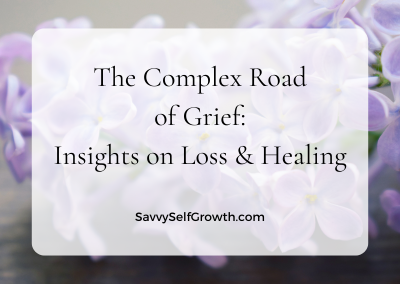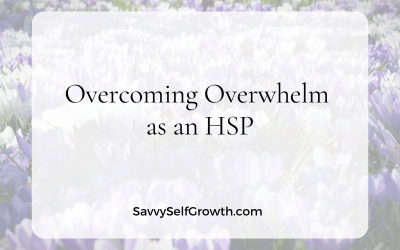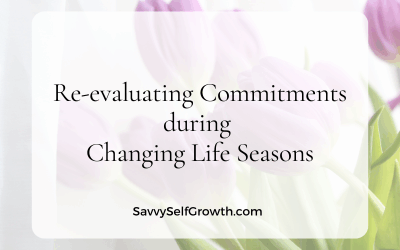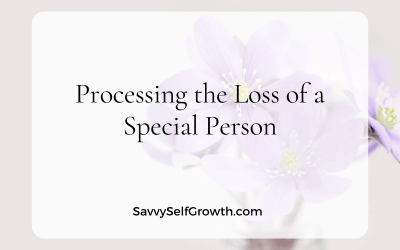Today I wanted to share a few thoughts about loss, sadness, grief, and dying. Perhaps you’re thinking, “Ugh, no, not this topic”. Yes, it’s not a topic we want to consider, yet every single one of us faces it at some point in our lives: someone dear and close to us will leave through dying.
A few moments ago, I sat here with silent tears rolling down my cheeks. I was reminded of a day in my father’s life shortly before he passed away. The sadness passed in only a few minutes and I was able to carry on writing this article.
The article centers around 3 points:
- The unpredictability of grief and loss
- The ‘rally’ or ‘terminal lucidity’ before a person dies
- The work we do to heal
Grief is unpredictable and complex
My Dad died in November 2022. At the time of writing, it’s been 17 months. It feels both like yesterday and like many years ago.
I have a beautiful photograph of him on a table right behind my office desk. I see his face every time I go into my office and it’s comforting to say “Hello Dad!” every time I go in there.
When he was alive, I did not do that. He wasn’t very present in my daily life — he was a quiet introvert with very few words (especially after a stroke in 2013 which made him say even less).
So in a way I feel a bit closer to him now than before he died.
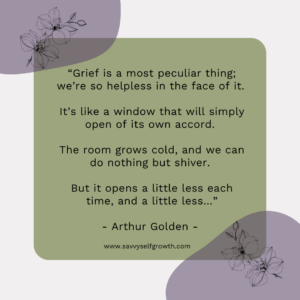
Different emotions
Some days, I feel a big loss when I look at that lovely photo. Other days, it feels like just a joyful “Good morning!”.
Many days, I regret that I did not know him better. He wasn’t very open to talking about his childhood. In later years especially, when I became more interested to find out more about him as a person, he tended to say, “I don’t remember”.
I’m not sure if it was part of the stroke remnants or a way of protecting himself from painful childhood memories. His father was a difficult, critical man.
Terminal lucidity
What set off the grief this time, was something we learned in a Meta Consciousness course. (Meta Consciousness is an analytical tool to help us get to the root of disease and create a “Soul-ution” and holistic plan to heal it. I’m excited to offer this to clients after many months of study).
One of the topics we discussed is ‘Terminal lucidity’. It’s something that can happen for patients with severe mental diseases (like dementia) shortly before death: they can suddenly communicate lucidly before they pass away. For patients with no mental illness, it’s called ‘rallying’ before death. It may last for minutes, hours, or even days. It can sometimes give the family false hope because the patient appears to recover.
During the course, I could understand this phenomenon from the Meta Consciousness point of view, and it made total sense how and why this would happen.
A grief memory
I suddenly remembered one of Dad’s last days in technicolour.
The hospital called us at 7 am one Sunday morning, saying things were not looking good and the family should come immediately. We spent the entire day with him, not knowing when the last moment would be. A number of his close friends came to say their last goodbyes. Dad was in isolation due to a superbug he carried, and everyone had to suit up in PPE before entering the room. Quite a performance, for a precious few minutes with him.
However — instead of declining, he rallied… and by 9 pm that evening, he was sitting up in bed watching TV. We were puzzled and relieved.
2 days later he deteriorated very fast and the next morning he passed away at 4 am.
I’ve visited these scenes in my memories many times with no tears — and yet, this morning, it brought some grief, sadness, and loss.
That’s why I say … grief is unpredictable. It might visit when you least expect it.
I don’t feel sad every day. Sometimes weeks go by with no sadness, and then suddenly, out of the blue, a sudden image or flash of a memory will trigger tears or sadness.
It can seem random, it comes and goes, and it’s different for every person.
The work we do to heal our grief
2 weeks ago I met a young woman at a meditation group. After the hour of guided meditation, she shared that her mom passed away very unexpectedly in February — on the very day that she moved into a new house to be close to her mom. How incredibly painful.
She’d been pushing away the deep loss and sadness by keeping busy. The meditation suddenly caused her to be present with all that’s been brewing under the surface, and she started shedding tears for the first time. She was glad for it, though it felt uncomfortable.
I have the sense that more tears will need to fall over several weeks.
She also mentioned that she wasn’t even sure how to grieve. How does one grieve? Her fiancé lost his mom just 3 weeks ago. So both of them have to process their enormous respective losses. Because they’re both in it, it might be hard to support each other actively.
So… how DO we grieve?
What are we supposed to do?
It’s very personal and unique to each person.
Some cannot face thinking about it because it’s so painful — so it might be necessary to push it away for a while.
Others dive right into it and feel all the feelings accompanying the loss. They might cry, rage, get depressed, fade away into their cave, hide from the world, cry some more, and wonder if they’ll ever feel better.
Some people turn to spiritual or religious comforts. Others take up something more active like exercise, playing an instrument, writing in a Journal, or going to a Grief Group to talk to others in a similar position (here’s an example of a Grief tapping group from one of my mentors).
Examples of grief processing and healing
I did a lot of processing (with EFT) with my mom while I was with her for 9 weeks. Recently she told my sister she doesn’t feel the need to grieve anymore. We’d covered a lot of ground of many painful things while I was there. I don’t know whether that will change at any time, but that’s what’s true for her right now.
When I was in the SA Army Military Band, when someone died we all had to wear a black armband for a while, as a sign of respect and grieving. Some cultures wear black for weeks or months. Others try to carry on with ‘normal’ life as quickly as possible. Kristine and I talked about that in our conversation on YouTube.
I did loads of tapping every day while I was with my mom (with colleagues, and by myself)… sometimes for the entire hour on my seaside walk most days of the week.
One evening I came home from the hospital in floods of tears because of the way I saw my dad suffer. I got my mom and my sister to join me. We each had a turn to say what was hardest … and the three of us tapped for all that hard stuff together.
Even though I processed a lot of it during that time, sometimes I now find remnants or pieces I’d packed away and forgotten. Like this morning. And then, because I’ve done a load of work on it before, it doesn’t take much for the feeling to work itself through me.
Fears around grief
Many people fear that once they start feeling their grief, it will engulf them, and it will never stop. I can understand that fear and concern.
Yet, in all the work I’ve done with family, clients and myself, I’ve never found that to be the case.
Our feelings and emotions only ‘stick’ to us if we suppress or resist them. Once they start flowing, they can move through and out. And with a process like EFT, it happens faster and far more gently than you might think.
Processing and healing
There is no prescribed way to grieve. Whichever route each person takes, it’ll be the right one for them, until they come across something more helpful.
Even so — it is my sincere belief that we cannot fully heal from a loss until we’ve been able to feel and process all the pieces of it.
With grief, there might be more things to process than ‘just’ the loss (enormous in itself).
We sometimes have unfinished business with the person who passed on. Sometimes a lot! We might have regrets, unspoken words, anger, resentment, unresolved events, and so many others. Perhaps the loss was compounded by trauma as well — like a car or train accident.
So much can compound the issues and of course, that could feel overwhelming to face on our own.
Support is crucial for healing
That is why it’s my invitation that if you need support with grief, please do get in touch with someone who can support you. It’s not necessary to struggle through it in isolation.
We are social beings. We turn to each other for help and support when we go through trauma. That’s the way our nervous systems are wired — and with something as deep and painful as loss, it’s even more necessary.
Healing happens in safety — not when we’re feeling alone.

